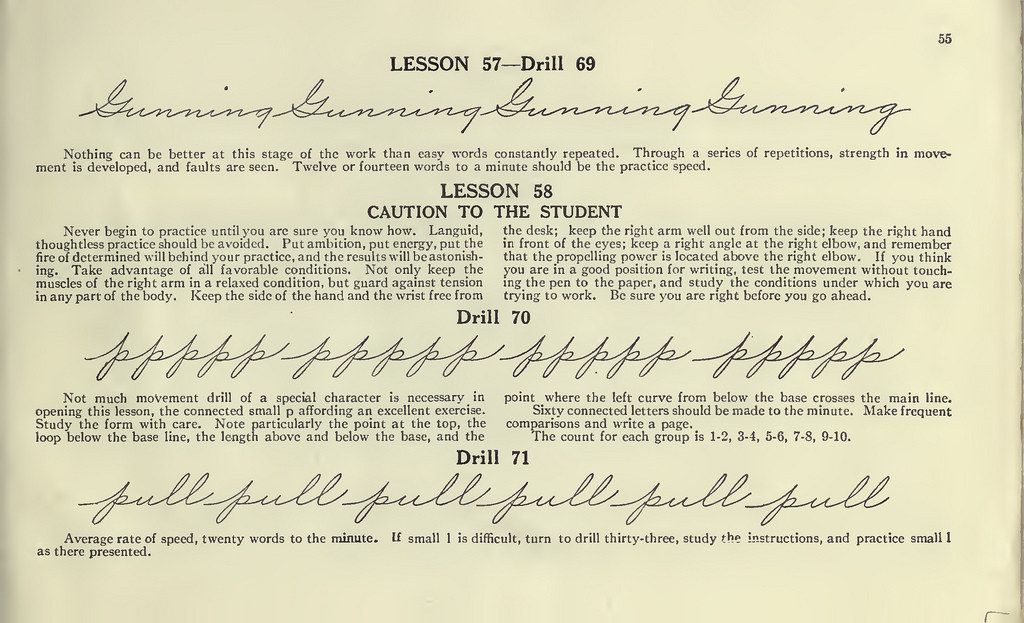
Writing for the web
Writing for the web requires a different approach and style than writing for printed media. People who use the web do not behave like people reading a book. They are usually looking for specific information.
A Neilson Norman Group study found that only 16% of visitors will read a web page word for word, the other 84% simply skip-read the text.
Put important information at the top of the page
The reader needs to know at a glance what the page is about and whether it will interest them. Make sure your first heading and paragraph make this clear.
Be relevant
Remove any content that is not relevant to the page, such as welcome messages, long introductions and so on.
Use simple language
Don’t use long words where short ones will do and keep the sentence structure simple. Avoid jargon, acronyms or marketing language
Never underline text
Most default browser settings underline links on the page, so underlining text that is not a link causes confusion.
Be concise
- Make your sentences short and to the point
- Halve the word count (or less) than conventional writing
- Start with clear information on what the page is about. Once a user has established that the page contains information that interests them, they are more likely to read the text properly.
- Because people read slower on-screen, they want to read less text. If you can pare down your language without sacrificing your content, you should do so
- Avoid unnecessary content. Most web users will not bother reading marketing blurb, detailed information or ‘welcome’ messages
- Use one idea per paragraph
Make your pages scannable
- Web users rarely read text word for word; they tend to scan pages for keywords or interesting headlines
- Headings and subheadings are useful for structuring information for scannability.
- Headings must be meaningful. A good heading should convey clearly what the following text is about. Do not rely on context to make the meaning clear.
- Avoid long, uniform blocks of text; users will shy away and may even be discouraged from scanning when faced with such density. Break up your text into shorter paragraphs than you normally would
- Use bulleted lists and other such elements to relieve the user’s eye. Bullet points also have the advantage of bringing important points to a scanner’s attention
- Highlight or embolden keywords
- Scanning readers will often read the first line of each paragraph, and skip the rest if it seems irrelevant. The first sentence of each paragraph or heading should therefore suggest what is to follow
- Use the inverted pyramid style, starting with the conclusion and then more detailed content below
Use an active voice rather than passive
When structuring a sentence, active voice (“Actor does X to Object”) is usually better than passive voice (“Object has X done to it by Actor”) because it more directly represents the action.
Use positive statements
It’s usually better to write a positive statement (“do X”) than a negative statement (“avoid Y”). Never use double negatives (“avoid not doing X”).
Simple informal writing style
An informal style of writing is far more accessible and engaging on the web.
SEO considerations
- Use keywords in headings
- Put keywords near the top of body text
- Do not overuse keywords within a block of text. If it doesn’t read naturally the page will be penalised by search engines
- Embolden the first mention of keywords
- Include keywords in the page title
If in doubt defer to George Orwell
In his 1946 essay, Politics and the English Language, George Orwell set down 5 rules for effective writing. If you keep these in mind whilst penning your web copy, you’ll be on your way to producing something clear and readable.
- Never use a metaphor, simile, or other figure of speech which you are used to seeing in print.
- Never use a long word where a short one will do.
- If it is possible to cut a word out, always cut it out.
- Never use the passive where you can use the active.
- Never use a foreign phrase, a scientific word, or a jargon word if you can think of an everyday English equivalent.
- Break any of these rules sooner than saying anything outright barbarous.
Happy writing.




